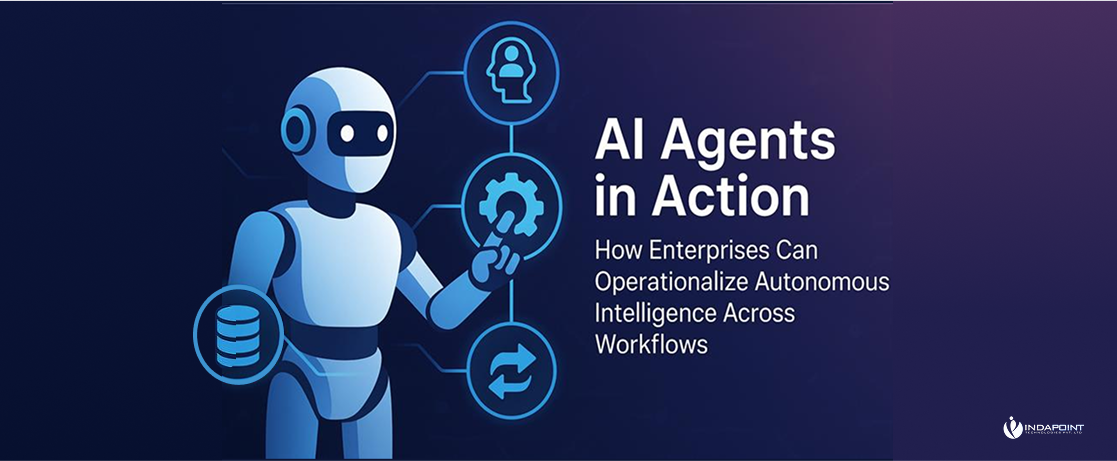IndaPoint is the leading provider of comprehensive MODx solutions for all your website needs. Whether you are looking to build a new website, convert PSD to MODx, enhance your website’s SEO using MODx, customize templates, develop Chunks or Snippets, update an existing MODx site, add new features, or optimize your site for search engines, we have the perfect solution for you.
MODx CMS offers a comprehensive range of features and tools that empower designers with access to advanced functionality, eliminating the need for specialized technical knowledge.
If you are a designer, creative company, or provider of SEO services, MODx is the ideal solution for your website needs. It offers a fast, efficient, and search engine-friendly website without the requirement of programming knowledge. MODx is a content management system (CMS) that is specifically designed to be SEO-friendly.
MODx allows you to create a website with following features
- It creates W3C-valid pages
- It provides search engine-friendly URLs
- It allows highly flexible and user-friendly keywords and meta tag management
- Easily create Robert.txt files
- MODx generates fully XHTML-compliant code
- MODx allows creating sitemap.xml as per the Google webmaster tool.
- MODx also allows customized 404 pages
- MODx CMS allows div tags to be ordered so that the text appears at the top and images and other
content appear at the bottom.
If you are seeking web application development services or looking to hire a dedicated team with expertise in Modx, Modx SEO, Modx Wiki, modxcms, dittos, Wayfinder, Templates, Chunks, and Snippets, regardless of your location in India, USA, Australia, Japan, UK, Canada, New Zealand, The Netherlands, Germany, or any other country, please reach out to us.
Our Blogs: Feel the Beat of Innovation
Stay in sync with the latest in technology and business transformation.

Claude AI for Legal Document Analysis: Transforming the Legal Landscape
Claude AI is transforming legal document analysis with rapid summarization, contract risk detection, and fine-tuned clause recognition. Its latest version, Claude 3.7 Sonnet, boosts efficiency for law firms and solo practitioners alike. While challenges like data privacy and nuance remain, Claude enables faster, more accurate legal work—freeing experts to focus on strategy, compliance, and client service. The Origin Story Why Claude AI Matters in Law The legal sector is notorious for paperwork—contracts, discovery documents, case law, regulatory filings, and more. Traditionally, lawyers and paralegals have shouldered the burden of manual review and drafting, a process both costly and prone to human error. Anthropic, recognizing the potential for generative AI to alleviate these pain points, developed Claude AI with a focus on safety, transparency, and adaptability. Its latest iteration, Claude 3.7 Sonnet, is the result of years of research into natural language processing and legal reasoning. Core Ideas: How Claude AI Elevates Legal Document Analysis Claude AI’s core strengths in legal document analysis include Rapid Summarisation: Claude can process and summarise massive volumes of legal documents in minutes, significantly reducing the time and expense of document review. Complex Contract Review: The model excels at identifying critical terms, flagging risks, and detecting missing or inconsistent provisions in contracts—tasks that once took hours or days to complete. Clause Extraction and Reasoning: With the release of Claude 3.7 Sonnet, clause extraction accuracy improved dramatically, reflecting a significant leap in legal concept recognition. Customization Through Fine-Tuning: Claude can be fine-tuned using proprietary data, enabling law firms to tailor their outputs to their specific standards and legal domains. Robin AI reported that integrating Claude 3.7 Sonnet into their workflow resulted in an 87.5% improvement in legal contract analysis, freeing legal experts to focus on complex, edge-case scenarios. Real-World Applications and Examples Contract Review: Law firms utilize Claude AI to analyze complex agreements, such as merger documents, pinpointing key clauses and potential risks to facilitate strategic negotiations. Legal discovery platforms, such as Merlin’s DiscoveryPartner®, leverage Claude to sift through large document sets, identifying relevant information for litigation or compliance purposes. Estate Planning: Estate lawyers merge Claude with tools like Gavel for automating trust reviews and generating client-ready updates, enhancing document accuracy. Solo Practitioners and Small Firms: Claude Pro is gaining traction among smaller practices for everyday tasks—summarising documents, drafting letters, and generating content—to improve efficiency and reduce overhead. Challenges, Limitations, and Critical Perspectives Despite its impressive capabilities, Claude AI faces several challenges. Contextual Nuance: AI models may misinterpret subtle legal nuances, necessitating human oversight in high-stakes matters. Data Privacy and Confidentiality: Legal documents often contain sensitive information; secure data handling and compliance with privacy regulations are paramount. Corner Cases: Pre-trained models may struggle with specialized legal scenarios, requiring continuous fine-tuning and expert input. Ethical and Regulatory Uncertainty: The legal industry continues to grapple with the role of AI in legal advice, the unauthorized practice of law, and the reliability of AI-generated outputs. Emerging Trends and the Future of AI in Legal Analysis Hybrid Reasoning Models: Claude 3.7 Sonnet incorporates both symbolic and neural reasoning for enhanced legal document analysis. Deeper Integration with Legal Tech: AI is being embedded into document management and e-discovery platforms, creating seamless workflows. Custom Legal AI Assistants: Firms are developing bespoke AI tools tailored to their practice areas and client needs. Continuous Learning Loops: As firms fine-tune Claude on their data, the model’s accuracy and relevance improve, enhancing efficiency and expertise. Conclusion: Claude AI is not just a tool—it’s a catalyst for change in the legal industry. By embracing AI-powered document analysis, law firms and solo practitioners can: Reduce time and cost of document review and drafting Increase accuracy and consistency in contract analysis Free up legal experts to focus on strategy and client service Stay competitive in a rapidly evolving legal landscape As AI technology continues to advance, the legal profession must strike a balance between innovation and responsibility, ensuring that technology enhances human judgment and upholds ethical standards. For those seeking to leverage the power of AI in recruitment, consider how AI-powered solutions can improve your hiring process. Visit our contact page for more information on how we can help streamline your recruitment with cutting-edge AI solutions.
July 07,2025

Enterprises Deploying Generative AI at Scale: A Common Reference Architecture
Enterprises are adopting generative AI solutions at scale using a structured reference architecture comprising platform portals, automation, shared services, and governance. This architecture ensures scalability, security, and compliance across industries like finance, healthcare, retail, and manufacturing. It enables faster innovation, operational efficiency, and responsible AI deployment while addressing challenges like integration, data quality, and ethical use.
July 02,2025

AI Agents in Action: How Enterprises Can Operationalize Autonomous Intelligence Across Workflows
AI agents are transforming enterprise automation with agentic AI and multi-agent systems. From RAG chatbots to Claude agents and orchestration layers, they streamline enterprise AI workflows. Businesses can now build no-code AI tools, accelerating their business AI strategy. Operationalizing these tools empowers scalable, intelligent automation across finance, IT, and customer service—marking a new era in enterprise AI.
June 30,2025




